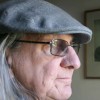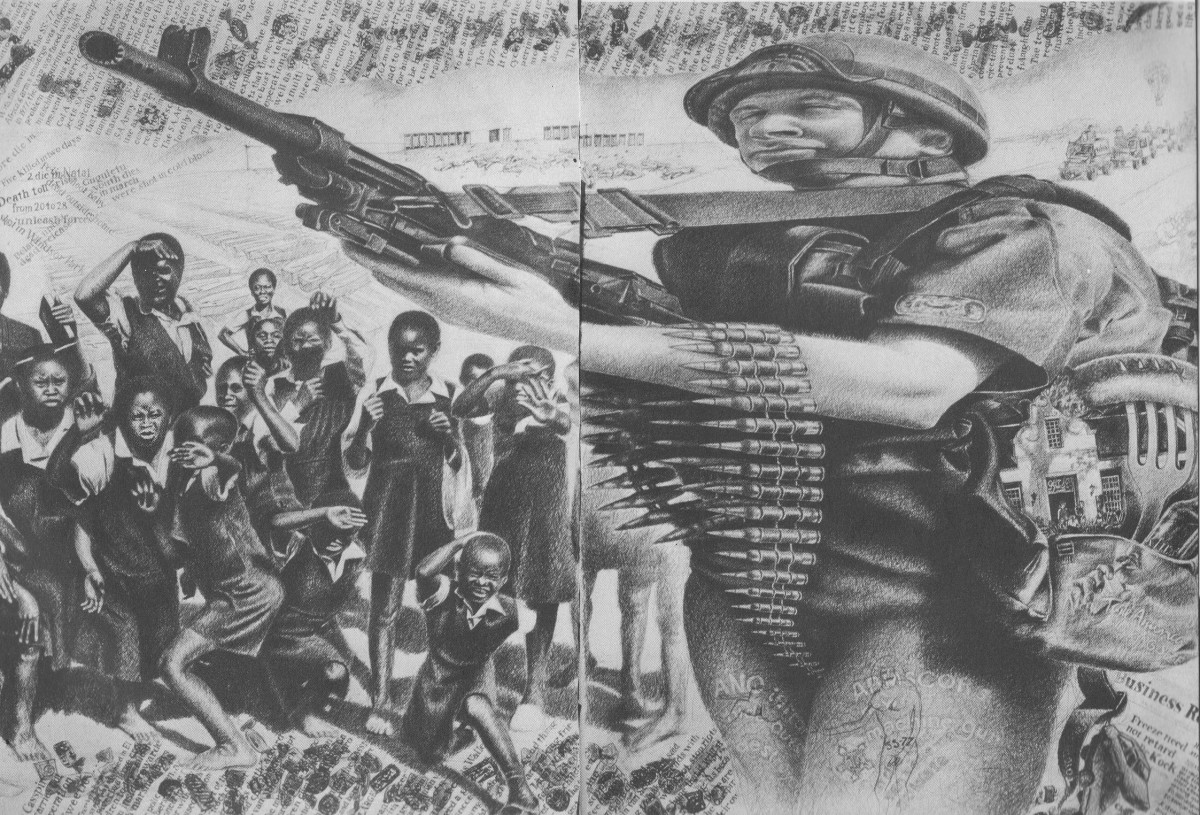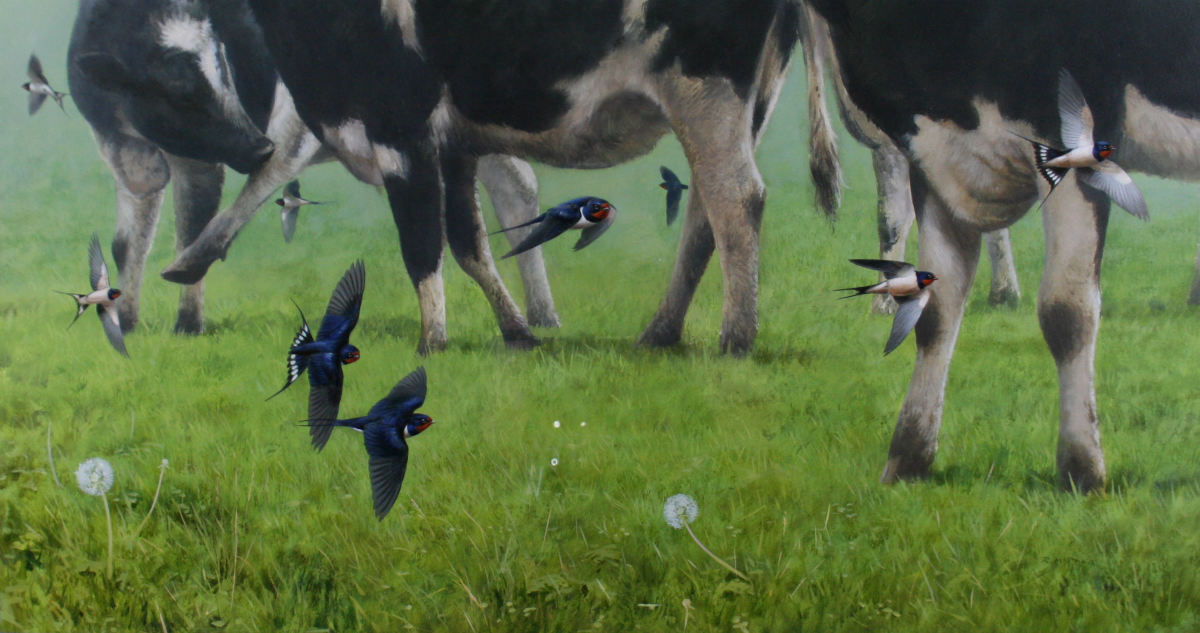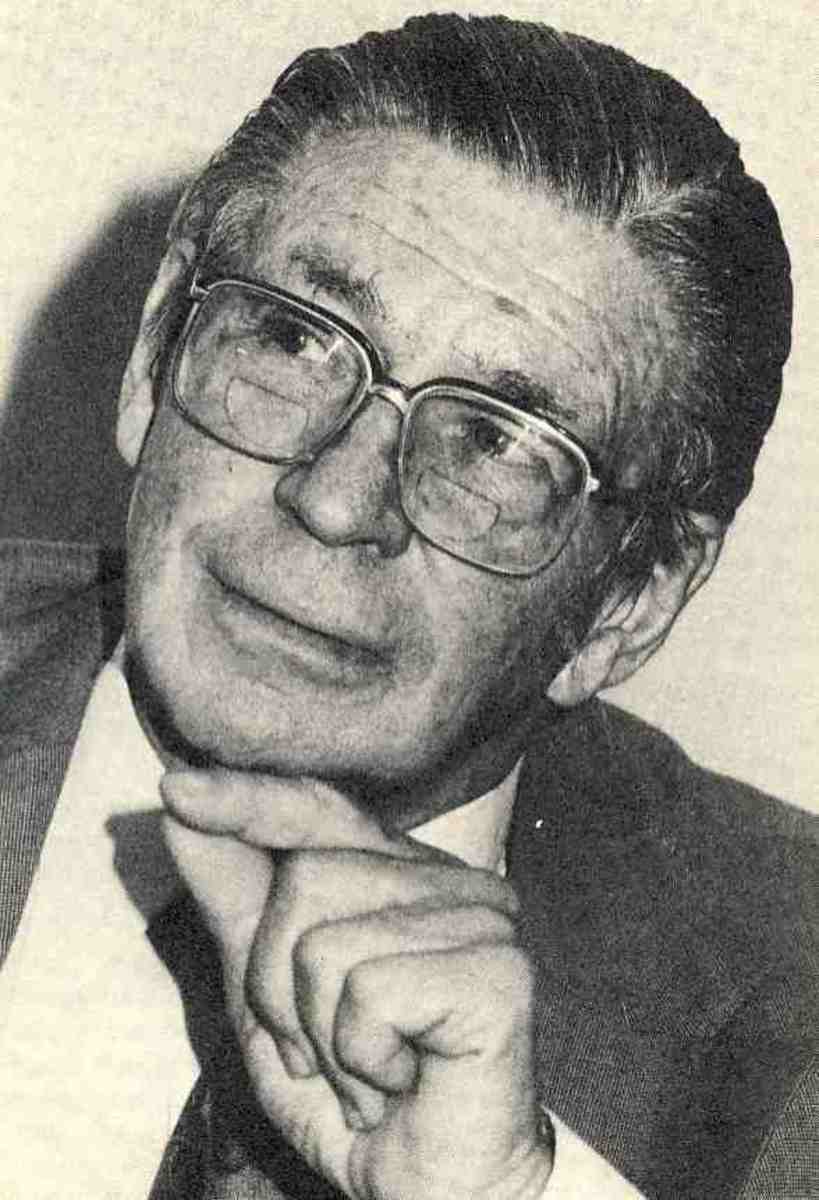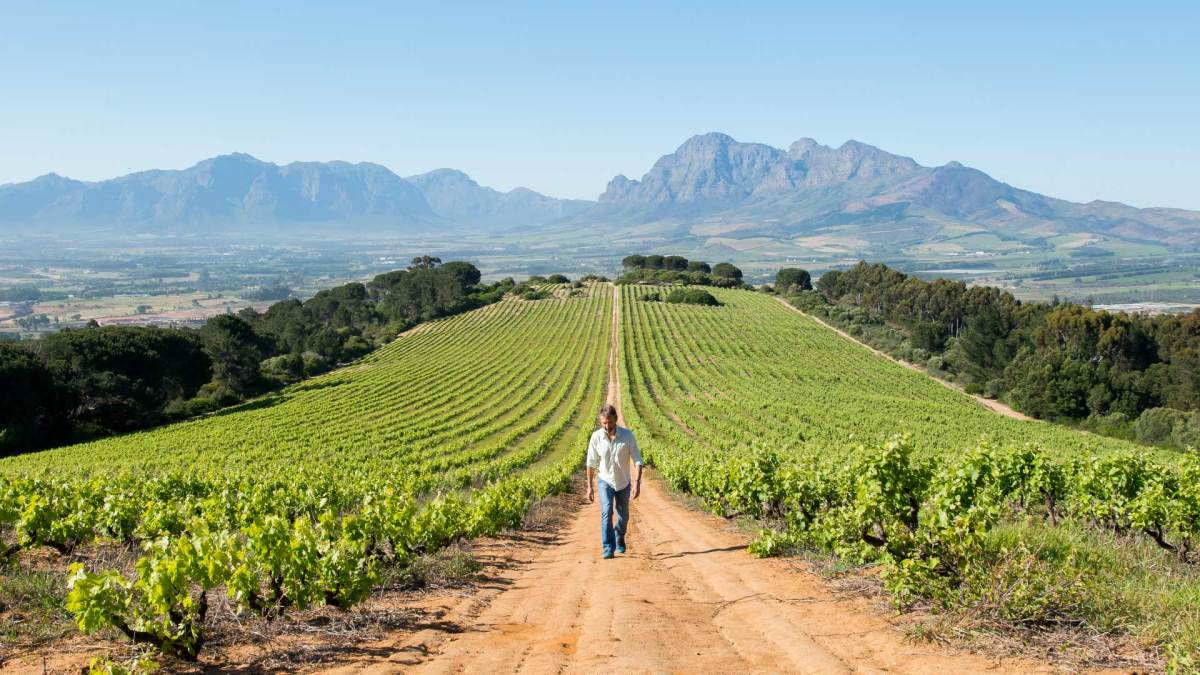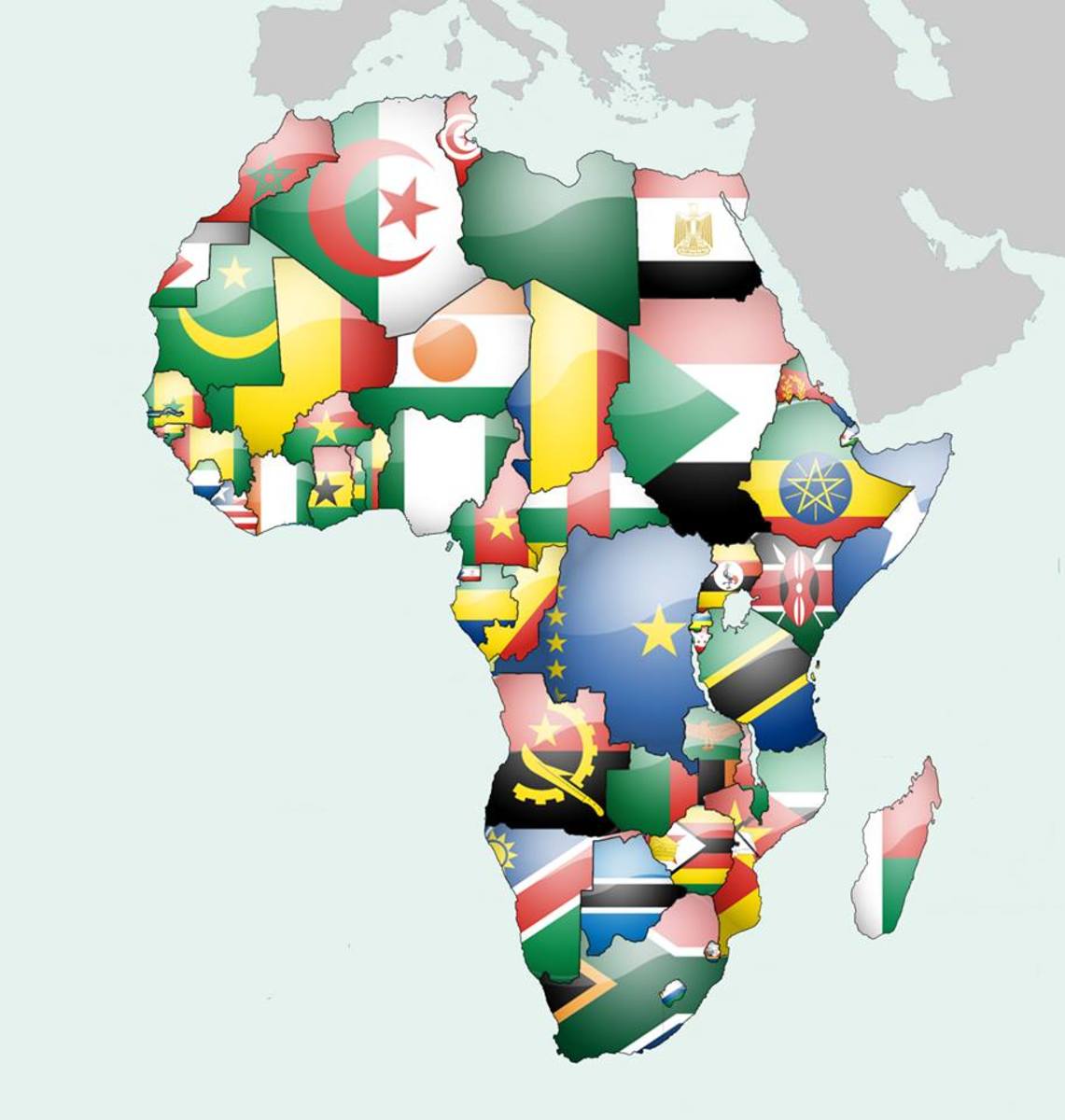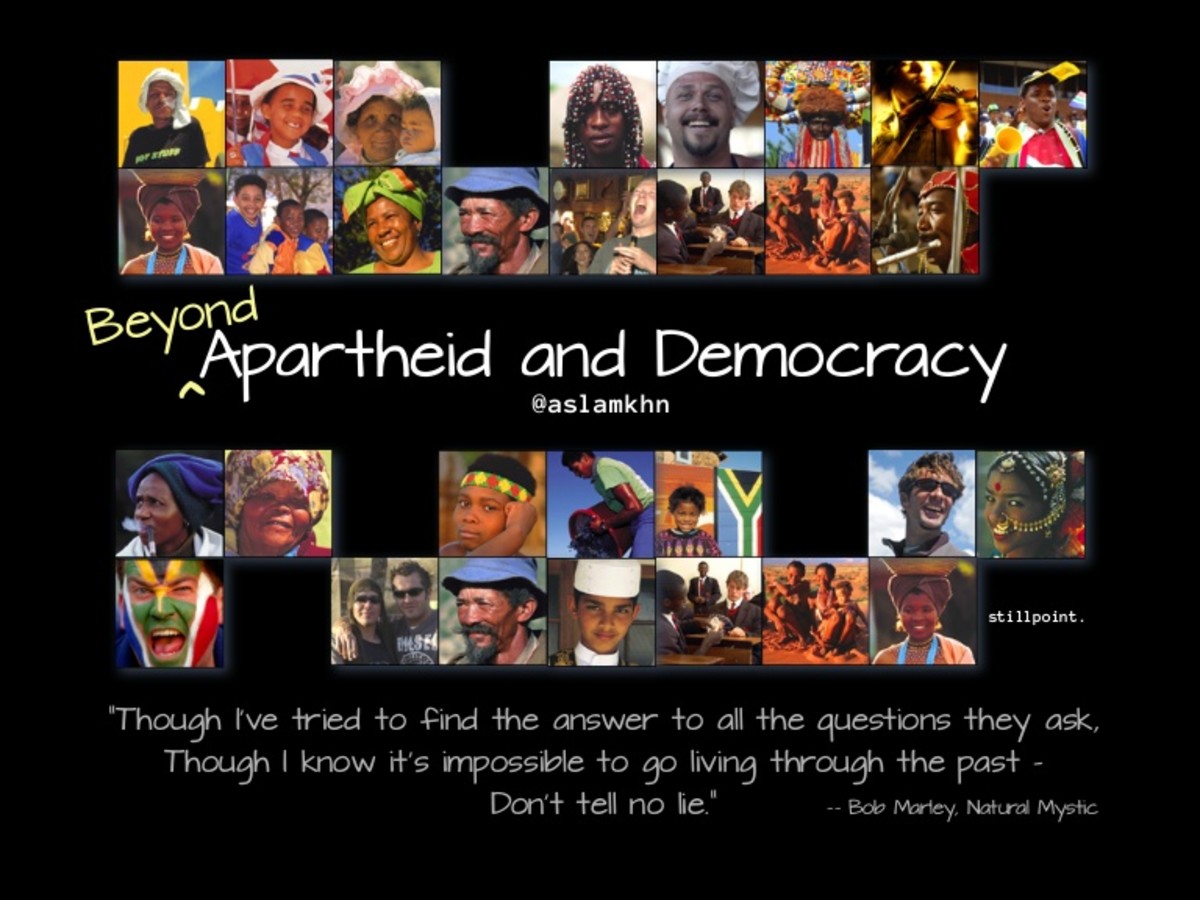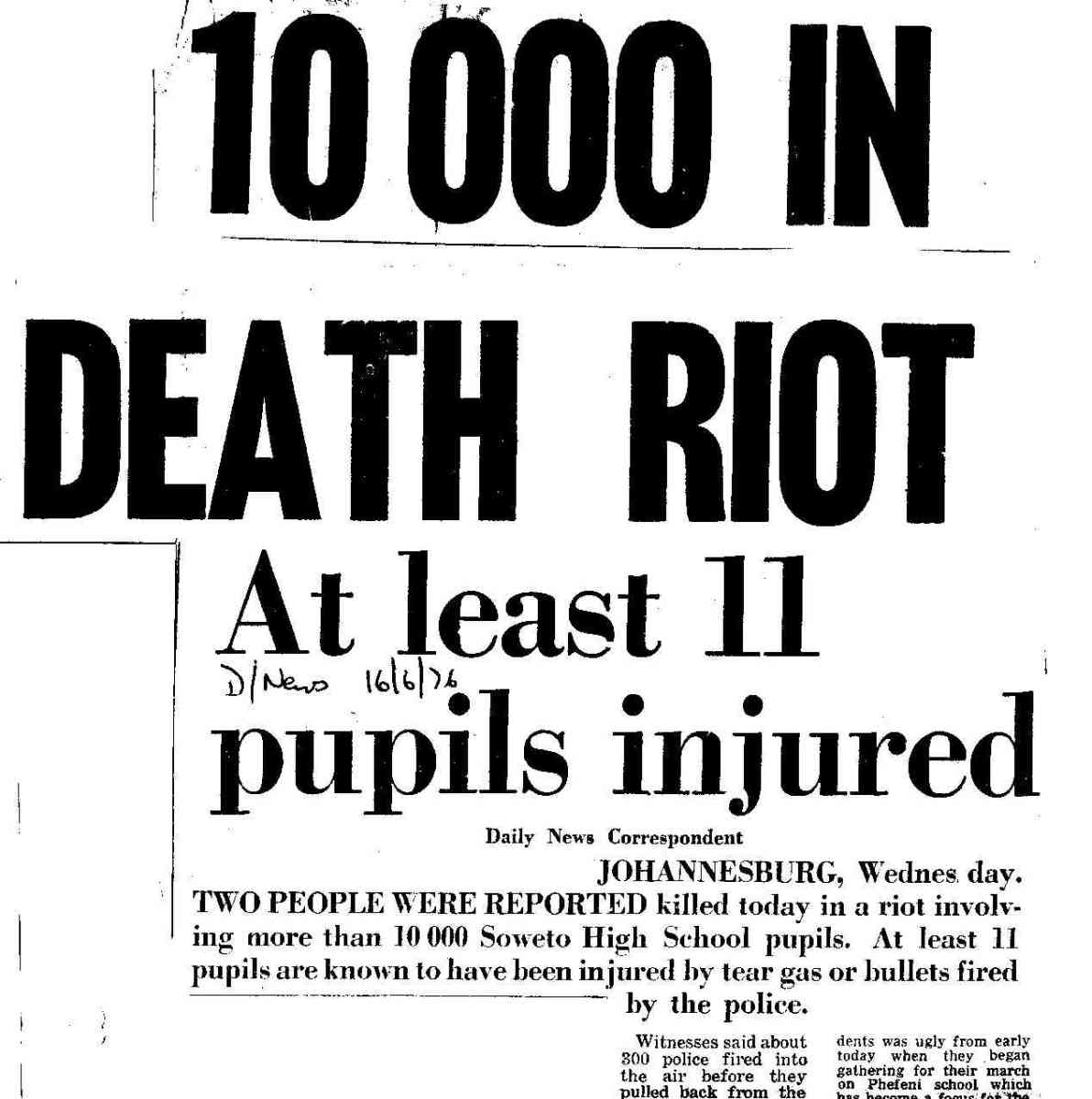Desmond Tutu to get Presidential Medal of Freedom
For once, he is speechless!
South Africa's great moral leader, often called the conscience of the country (not that he particularly likes that title!), Archbishop Emeritus Desmond Mpilo Tutu is to receive the Presidential Medal of Honour from US President Barack Obama next week.
When told of this honour he said "I am overwhelmed, deeply honoured, humbled and I am something that I don't often get to be, speechless."
The Arch, as he likes to be called was born in Klerksdorp township of Makoeteng in South Africa's North West Province, on 7 October 1931, and moved with his family to Johannesburg when he was 12 years old.
Very soon after arriving in Johannesburg he met the man who would to some degree be his mentor, a man revered in South Africa for his stand against forced removals and for human rights, the Anglican priest (later Bishop) Trevor Huddlestone, who made a deep impact on the young Tutu by doffing his hat to Tutu's mother when they passed on the street.
The Arch first trained to be a teacher like his father, but resigned in protest at the passage of the Bantu Education Act, and thereafter continued his studies at St Peter's in Rosettenville, Johannesburg, and was ordained priest on 18 December 1960.
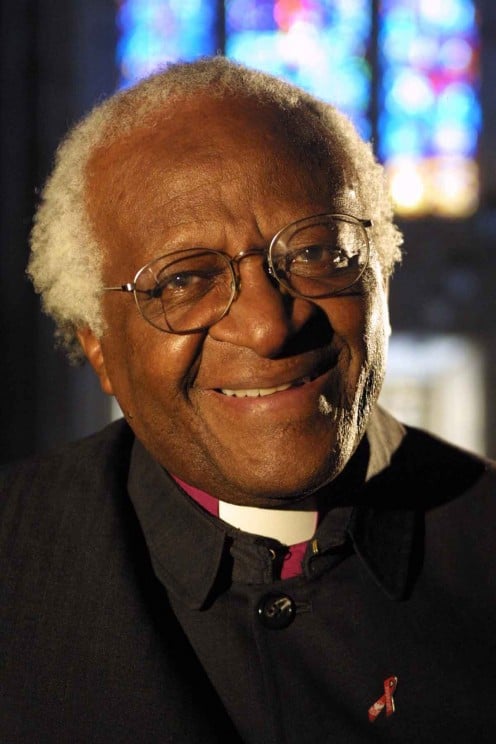
A man of deep spirituality
At St Peter's Tutu became imbued with the spirituality of the fathers of the Community of the Resurrection (CR), an Anglican order to which Fr Huddlestone also belonged. In spite of personal difficulties - his wife Leah had to leave Johannesburg to become a probationer nurse far to the north at Jane Furse Hospital in Sekhukhuneland while Tutu remained at St Peter's, as there was no provision at the college for married students.
Tutu's brilliance and potential was recognised at St Peter's by one of the CR fathers, Aelred Stubbs, who pushed strongly for Tutu to be sent to the United Kingdom for further theological studies. Stubbs was the same priest who later saw the potential of another great South African Steven Bantu Biko, who was martyred by the South African Police in 1977 for his stand against racism and oppression.
So in 1962 Tutu set off, alone, to study at King's College, London.
In 1967 Tutu returned to South Africa where he soon began to make a name for himself as an outstanding clergyman and as Chaplain to the students of the University of Fort Hare in the Eastern Cape. He went to Lesotho to lecture in theology at the National University of Lesotho from 1970 to 1972. From there he was appointed to the World Council of Churches' Theological Education Fund (TEF) where he stayed from 1972 to 1975, when he was appointed the first Black Dean of St Mary's Cathedral in Johannesburg.
Spiritual leadership in difficult times
It was while he was in that position that he wrote the famous letter to then Prime Minister John Vorster early in 1976 expressing his deep fear of the possibility of violence due to the anger of Blacks at their continuing oppression. Barely two months after sending his letter the Soweto uprising started on 16 June 1976.
My own first sight of Tutu was to come later that year when he spoke at a prayer service in Durban, Natal, where I was then living. As I wrote in a previous Hub, when Tutu walked into the church in the entrance procession I could feel that we were in the presence of someone great. And when he spoke I was amazed by his eloquence, his wonderful use of words, his deep compassion and insight.
By then he was already Bishop of Lesotho, a position he held until March 1978, when he became the General Secretary of the South African Council of Churches, where he remained until elected Bishop of Johannesburg in 1985.
He was awarded the Nobel Peace Prize in 1984, the second Black South African to receive it, Chief Albert John Lutuli having been the first when he was awarded the prize as the President of the African National Congress in 1960.
Tutu really came into his own as a pastoral leader when he was appointed Metropolitan of the Church of the Province of South Africa and Archbishop of Cape Town in 1986. He brought to the position his own unique blend of humour, dignity and a passion for justice which endeared him to his people in a way not before seen in South Africa. Suddenly the Arch was in a sense "top of the pops" and was able to articulate as never before the pain of the poor and downtrodden, and the aspirations of young people. He became a character, a personality, whose credibility and popularity soared.
Welcoming freedom in the person of Madiba
One of his greatest moments in this time was to welcome the newly-released Nelson Mandela and to introduce him to the people of Cape Town. On his first night of freedom, Mandela and his wife stayed at Bishop's Court with the Tutus.
Tutu, after the advent of democracy in 1994, Tutu remained as Archbishop of Cape Town until 1996, and he was then appointed by President Mandela to head the Truth and Reconciliation Commission (TRC), a role which he handled in his own way, with dignity, compassion and passion. He wept openly at some of the horrible testimony he heard from victims of security force brutality, he made impassioned appeals to whites in South Africa to participate in the great experiment in reconciliation which the TRC represented.
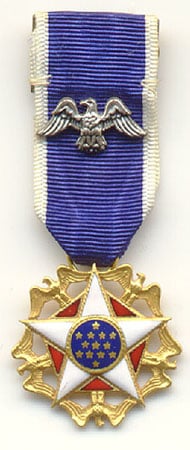
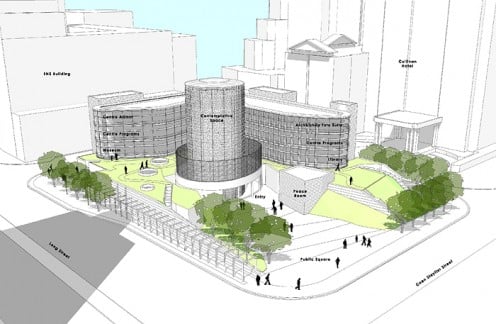
The Medal of Freedom
Tutu's impact on South Africans has been immense. I have written elsewhere my own, humble assessment of the man and his impact: Desmond Tutu is just a wonderful human being. I have seen him weeping over the intransigent racism of some whites. I have seen him seething with anger at the shortsightedness of some Blacks. I have seen him stand, armed with his pectoral cross and a Bible, facing down a phalanx of heavily armed police in full riot gear. He once, at grave personal peril, prevented a mob from killing a young woman who was accused of being an "impimpi", a police spy. I have seen him laugh uproariously at jokes, very often one he himself has made, and often at his own expense. I think what has made him so great, and made his witness so powerful, is that he is prepared to be fully himself at all times, often at great cost to himself, and also, often to the discomfort of those around him, whether well-disposed or ill-disposed towards him.
When the country looked about to be thrown into racial warfare after the assassination of Communist Party Secretary General Chris Hani in 1993, Tutu with the strength of his faith and commitment to peace managed to turn around a potential violent uprising at Hani's funeral by getting the people to chant with him "We will be free!", "All of us!", "Black and white together!". His peroration was "We are the rainbow people of God! We are unstoppable! Nobody can stop us on our march to victory! No one, no guns, nothing! Nothing will stop us, for we are moving to freedom! We are moving to freedom and nobody can stop us! For God is on our side!"
But in spite of all the honours, all the acclaim, all the prizes, Tutu remains an essentially humble person, committed to what he sees as God's work on earth. As he is fond of saying, and has said for years, "If I stand out it is only because I am standing on the shoulders of others who have the strength to carry me."
He has used his prestige and visibility to found a Peace Centre in Cape Town which has the vision of "The Desmond Tutu Peace Center's vision is a world committed to peace. A world in which everyone lives together as family, everyone is loved, heard, cared for and unique. A world in which everyone matters and the essential good in everyone is manifested."
Those are the values for which Desmond Mpilo Tutu has stood through thick and thin, in good times and in bad. He has put his life on the line for these values, he used his considerable gifts for these values.
I am just so happy that President Obama has seen fit to recognise this great yet humble man of the people in this wonderful way.
- The Desmond Tutu Peace Centre | Building a Home for Peace
We aim to create and maintain a Peace Centre that will deliver programmes that promote conflict resolution, restore social justice to marginalised people and inspire leaders to be responsible and committed to the people they serve. We further the und
Copyright Notice
The text and all images on this page, unless otherwise indicated, are by Tony McGregor who hereby asserts his copyright on the material. Should you wish to use any of the text or images feel free to do so with proper attribution and, if possible, a link back to this page. Thank you.
© Tony McGregor 2011
